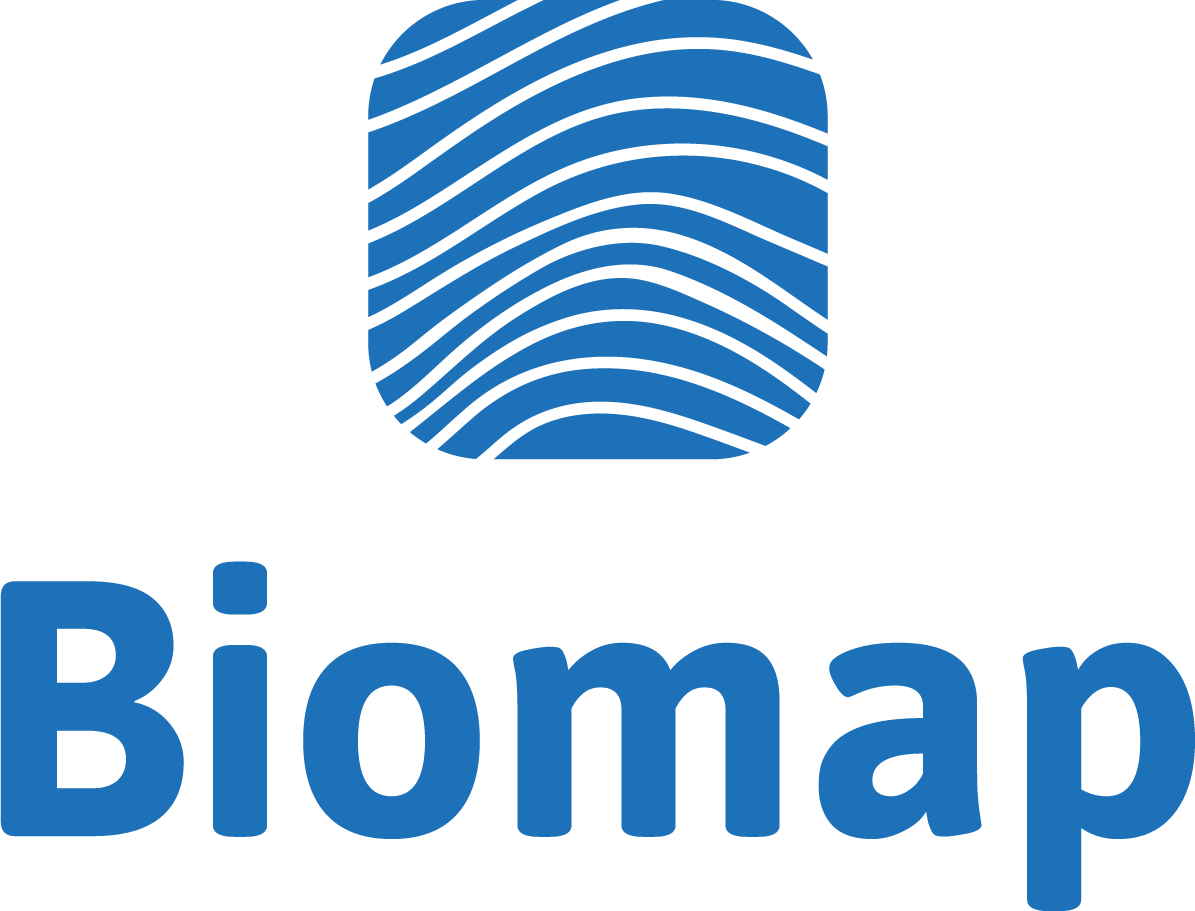BIOMAP: Biomarkers in atopic dermatitis and psoriasis
 BIOMAP
Biomarkers in atopic dermatitis and psoriasis
BIOMAP
Biomarkers in atopic dermatitis and psoriasis
Neurodermatitis (atopic dermatitis) and psoriasis are inflammatory skin diseases that affect more than 300 million people worldwide. They vary widely in onset, severity, time course, and how they respond to treatment. The inflammatory skin diseases result in significant morbidity and increased risk of comorbidities such as arthritis and asthma, and place an enormous burden on patients and families, caregivers and healthcare systems.
BIOMAP is investigating the causes and mechanisms of these diseases by identifying the biomarkers responsible for differences in disease progression. Taking advantage of recent technological developments in translational medicine, the project will advance drug discovery and improve direct treatment of disease by combining clinical, genetic and epidemiological expertise with modern molecular analysis techniques and newly developed bioinformatics tools.
BIOMAP pursues three goals in this regard:
- Identify the determinants of clinically relevant outcomes (disease manifestation, disease progression, development of comorbidities, and response to treatment)
- Improve understanding of common and distinct disease mechanisms and associated characteristic features, as well as their relative importance in patient subpopulations
- Provide biomarkers that reveal disease progression and treatment response for drug development and clinical practice
BIOMAP aims to drive drug discovery that targets causal mechanisms, shorten drug development pathways, and fundamentally change the diagnosis and treatment paradigm; from reactive to proactive strategies that encompass disease biology and life course and tailor intervention (prevention, risk factor modification, therapeutics) to endotypes.
Clinically annotated endotypes and associated biomarkers will inform when, in whom, and how to intervene to minimize disease impact and improve outcomes.
Partner
- BIOMAP Main Coordinator: Prof. Stephan Weidinger, Christian-Albrechts-Universität zu Kiel
- WP8 "Ethics": Prof. Dr. Nikolaus Forgó, Institute for Innovation and Digitalization in Law, University of Vienna
Subproject
In addition to the biomedical objectives of BIOMAP outlined above, the project will contribute to the Development of international legislation and guidelines Contribute to the support of other research partnerships.
The work carried out in WP8 will contribute to this, Enhance the development of best practices and industry standards for international data sharing under the General Data Protection Regulation (GDPR). WP8's work will also ensure that the BIOMAP project itself and the project's data sharing activities are GDPR compliant.
In the further course of the project, WP 8 will provide preliminary policy recommendations to create subtypes of patients with skin diseases in European healthcare systems and to implement precise clinical care based on the individual biological characteristics of each patient.
The Institute for the History and Ethics of Medicine (IGEM) will be developed within the framework of WP8 a special Research agenda on the ethical and legal implications of data-rich predictive research for patient stratification. and preparatory work for the Develop preliminary policy recommendations for the future ethical and sustainable implementation of biomarkers. have on clinical care. In addition, we see our task as highlighting the effects on the environment and society that are important in the long term.
To provide internal research support on ethical, legal, and social issues related to the work in BIOMAP, to capture ethical and legal implications of data-rich predictive research on patient stratification of biomarkers in skin diseases, and to develop theoretical models and implementation pathways for novel disease classification schemes and patient stratification in skin diseases, we conduct expert interviews with partners and stakeholders of BIOMAP. The interviews were preceded by a systematic literature review, with a focus on ethical and social arguments.
Marie-Christine Fritzsche
Mail: marie-christine.fritzsche@tum.de
Ismaninger Str. 22, 81675 Munich
Project Management:
Prof. Dr. med. Alena Buyx
Period:
01.04.2019 - 31.03.2024
Project Type:
EU consortium
Funding source:
European Union's Horizon 2020 research and innovation program